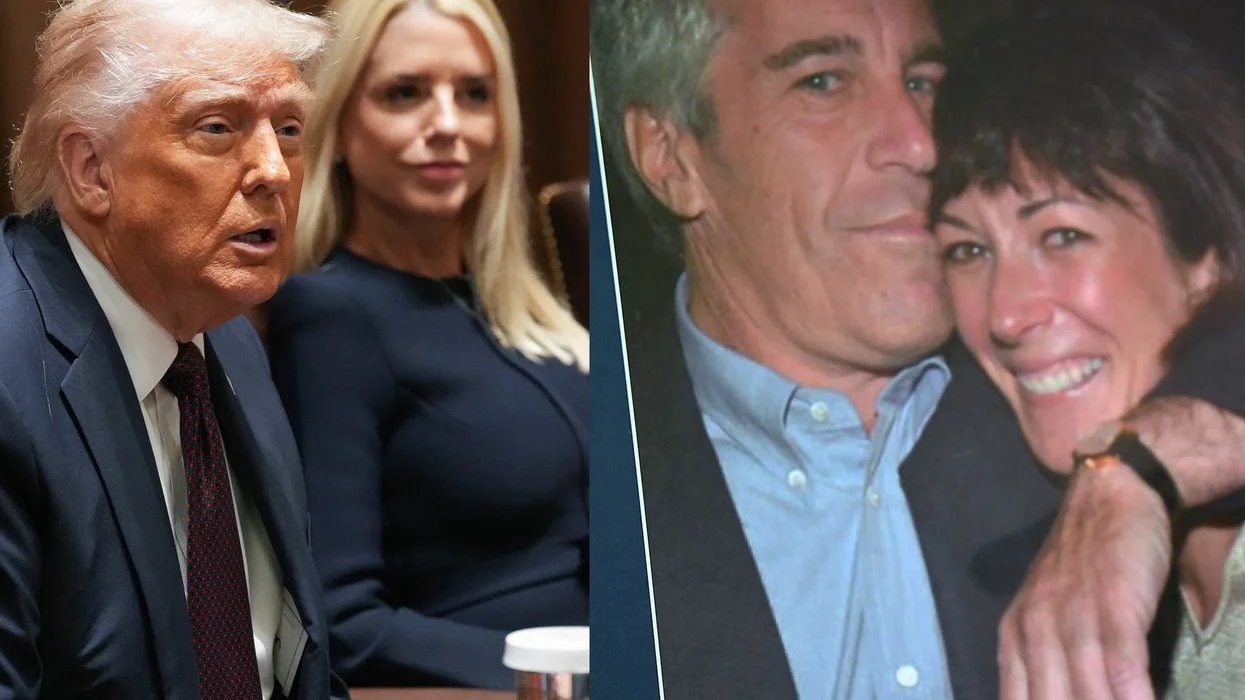© 2025 Blaze Media LLC. All rights reserved.
[Editor’s note: The following is a cross-post by John Hummel, CIO of AIS Group, that originally appeared on CNBC.com]:
With the post-election frenzy beginning to subside, it’s time to take a step back and consider what the results will mean for the national and global financial landscape.
For months, both presidential candidates made the case that their economic policies would stimulate growth. Pundits across the political spectrum evaluated how the election would impact leadership at the Federal Reserve and its resulting policy changes.
Despite the billions of dollars spent and the hours of debate and analysis, the election results will have almost no long-term impact on the health of either the domestic or global economy. To understand why, one must first look at the trajectory of the United States’ role as a global economic player over the last three decades. In this time, the European Common Market, China, and the developing world in general have grown considerably, effectively ousting the U.S. from its role as the world’s chief economic superpower. In many ways, the U.S. mirrors Great Britain of 100 years ago as the latter gradually went into relative decline versus the rest of the world.
Meanwhile, skepticism about the dollar’s strength has grown. The U.S. may not have the largest debt relative to GDP of the world’s developed nations (that would be Japan), but it has earned the lofty distinction of having the largest debt held by foreigners. Having increased the probability that it will be unable to meet its debt obligations, skepticism over U.S. Treasury debt and the dollar will only continue to rise.
As such, the election is primarily a symbolic measure of fiscal and monetary policy change. Washington will prove unable to curb declining confidence in the U.S. dollar over the long-term.
This puts domestic policy makers in a tough position. Caught between efforts to lower the current deficit without stifling economic growth, they must simultaneously navigate high unemployment and rising entitlement obligations. While politicians will attempt to put a very positive spin on any fiscal compromise, these twin issues will make any fiscal arrangements dependent on unrealistic economic growth assumptions.
The Fed’s response to these crises — in particular, multiple rounds of quantitative easing — has not shown concern for the long-term consequences of rising inflation, and even if Governor Romney were to have prevailed over President Obama, we do not expect those policies to have changed. The Fed will remain focused on shrinking unemployment and increasing stimulus in the short term while talking a positive game about its future ability to reign in excess monetary creation. With the expectation of continuing government deficits, the Federal Reserve may eventually find itself unable to raise rates and burden the government with larger interest payments.
For these reasons, we have made a practice of owning assets that the Fed cannot debase through excess creation. For instance, we currently have an 80% gold position in our Tactical Asset Allocation Program (TAAP) as we believe gold supplies are rising at a rate around 1.5 percent per year, far less than the increase in government debt and global currency reserves. While the world is unlikely to return to a gold standard, gold’s role as an alternative store of value is gradually returning both for private investors as well as for government reserves. Gold, along with other commodities like oil and grains, will continue to strengthen as the developing world’s middle class explodes, the dollar loses its dominance, other fiat currencies become debased and the Fed enacts policies that enable the growth of debt.
As it stands, the financial playing field is a tumultuous one, but neither an Obama nor a Romney administration would sufficiently address the fiscal and monetary needs of a stagnating developed world. The election has proven to be nothing more than a smoke screen obfuscating larger and more dangerous factors that the White House, the Fed, and other international banking and political systems have struggled to address.
--
RELATED:
- Bernanke: No New Stimulus Despite Weak Recovery
- Simpson, Bowles to Bring ‘Cliff’ Debate to ‘Impact’
- Debt Problem or Employment Crisis?
- Estate Tax Going Up, but Only for ‘People Not Paying Attention’
©2012 CNBC.com, John Hummel, CIO of AIS Group.
Want to leave a tip?
We answer to you. Help keep our content free of advertisers and big tech censorship by leaving a tip today.
Want to join the conversation?
Already a subscriber?
more stories
Sign up for the Blaze newsletter
By signing up, you agree to our Privacy Policy and Terms of Use, and agree to receive content that may sometimes include advertisements. You may opt out at any time.
Related Content
© 2025 Blaze Media LLC. All rights reserved.
Get the stories that matter most delivered directly to your inbox.
By signing up, you agree to our Privacy Policy and Terms of Use, and agree to receive content that may sometimes include advertisements. You may opt out at any time.





